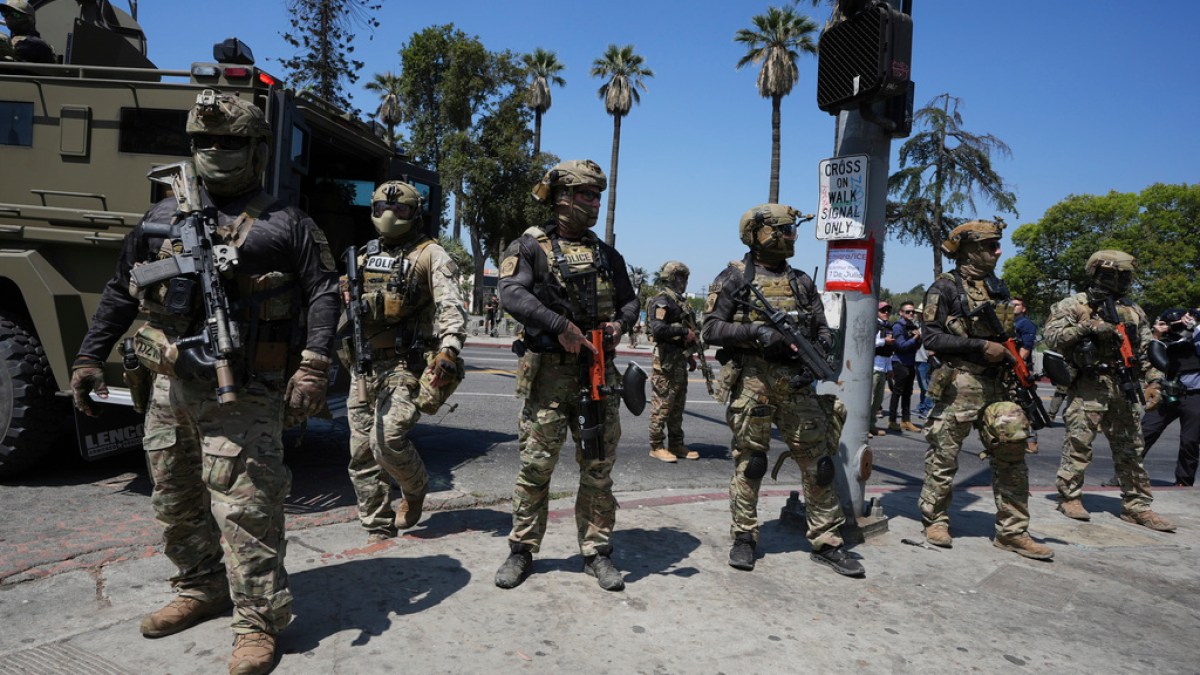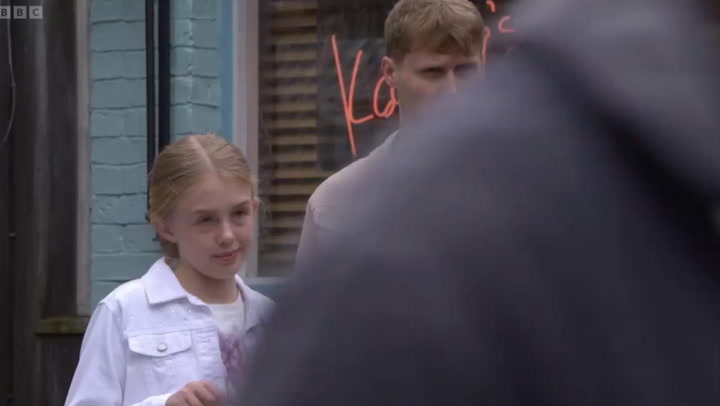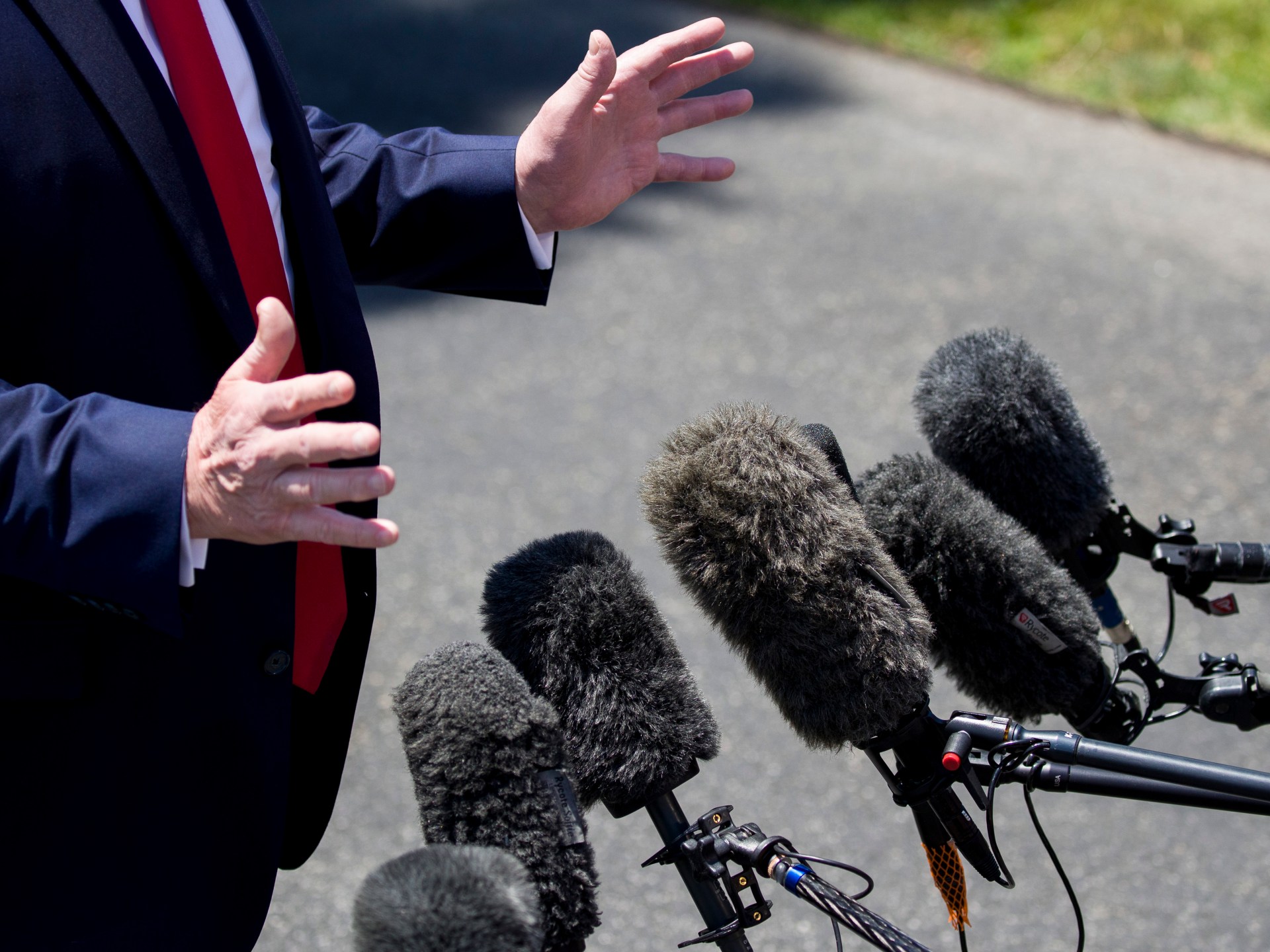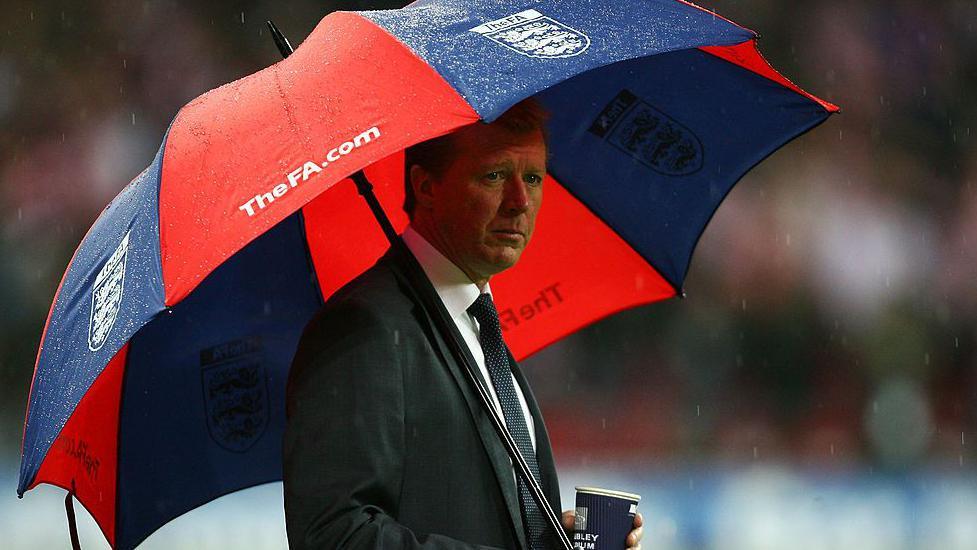American democracy is arguably in more peril than at any moment in recent history. Not only are United States President Donald Trump and his Republican allies seeking to guarantee that Americans never again participate in a truly free and fair election, but public officials and Trump-aligned figures in the media industry are also manipulating the information environment at an unprecedented scale. The point isn’t that information disappears; rather, it’s that those in power curate, delay, and redirect it.
Consider the so-called Epstein files related to the investigation into child sex trafficking by the late financier Jeffrey Epstein. The Trump administration has worked hard to bury it.
In early February, Attorney General Pam Bondi promised transparency on Fox News, claiming that Epstein’s client list was “sitting on [her] desk right now”.
Weeks later, however, Bondi and the US Justice Department she oversees executed a sharp about-face: she released “phase 1” of the Epstein files, but the release turned out to be little more than “a whole lot of heavily-redacted nothing”. In July, she shut the door on the client list altogether, with officials saying no additional Epstein files would be released to the public.
Many have reasonably concluded that Bondi is seeking to protect Trump, whom she reportedly briefed in May about repeated references to him in the files.
That suspicion was only reinforced by House Speaker Mike Johnson’s decision to adjourn Congress to prevent a vote on the release of the Epstein files, and his desperate attempt to recast Trump as an FBI “informant” working to bring Epstein down. Taken together, all this looks less like transparency and more like one of the more consequential government cover-ups in US history.
This pattern fits a larger authoritarian playbook: Trump has also heavily consolidated executive power, militarised the immigration system, and repeatedly used emergency powers, among other actions that have undermined the US Constitution.
The same authoritarian instincts show up in efforts to police dissent and narrow the boundaries of acceptable speech.
The media – the so-called “fourth pillar of democracy” – have, at times, pushed back against some of Trump’s overreaches. But too often, they have buckled under pressure from the White House. In December 2024, even before Trump took office, ABC News settled a defamation lawsuit with him for $15m.
Seven months later, Paramount, CBS News’s parent company, also settled a lawsuit that many experts thought it could easily win; it paid Trump $16m. Anchors and talk show hosts who have been too critical have been quietly removed, as newsrooms have shifted right to try not to antagonise the US president.
Paramount was perhaps the most explicit in this shift. While pursuing a merger with Skydance Media to create a massive conglomerate, it promised to eliminate diversity, equity and inclusion (DEI) from its policies. The new company is acquiring The Free Press and elevating its conservative founder, Bari Weiss, to a major editorial role; it has also pledged to address “bias”.
Apart from caving in to pressure from the White House, American journalism has also done little to address threats against speech protected by the First Amendment — especially Israel-related speech. It has been weak in the face of Israel’s war on journalism, which has banned international journalists from entering Gaza and killed more than 270 media workers.
After Israel killed several Palestinian journalists at a Gaza hospital late last month, American journalist Jeremy Scahill lambasted mainstream American and other Western news outlets: “I have never been more ashamed of our profession… The blood is on the hands of western news organizations that [have] systematically dehumanised Palestinians… and [served] as the conveyer belts for the lies of [the] Israeli regime…Shame on our profession.”
Rather than protest Israel’s ban on journalists or its systematic killing of Palestinian media workers, mainstream American media outlets have largely continued to dehumanise Palestinians and prop up Israeli narratives. Multiple studies have documented persistent reporting asymmetries that heavily favour Israel, particularly with respect to sourcing, victim humanisation, and framing.
None of this should surprise close observers.
Scholars have long argued that the American political system is inconsistent with any real notion of democracy, and that US media are not fully independent, but embedded firmly within the state-corporate power structure.
As media scholar J Herbert Altschull once put it, “the powerful have never been comfortable with the idea of a free press.” Social scientist and scholar Robert Entman was even more direct when he said, “Government sources and journalists join in an intimacy that renders any notion of a genuinely ‘free’ press inaccurate.”
In a sense, then, the Trump years are more of an acceleration than an aberration. The administration and its allies are more aggressive and explicit than their predecessors in their efforts to control information, punish dissenting speech, and reshape corporate media.
American democracy itself has always been more illusion than reality. Free and fair elections, meaningful checks and balances, and a truly independent press have been fragile, more myth than practice. What is different now is the speed and bluntness with which these myths are unravelling. The manipulation of information, criminalisation of dissent, and accommodation of corporate media are not incidental; they are mechanisms through which democracy further erodes.
Unless the Trump administration is reined in — and unless American journalism lives up to its professed values — Americans will be left not with a democracy in crisis, but with the shell of one.








